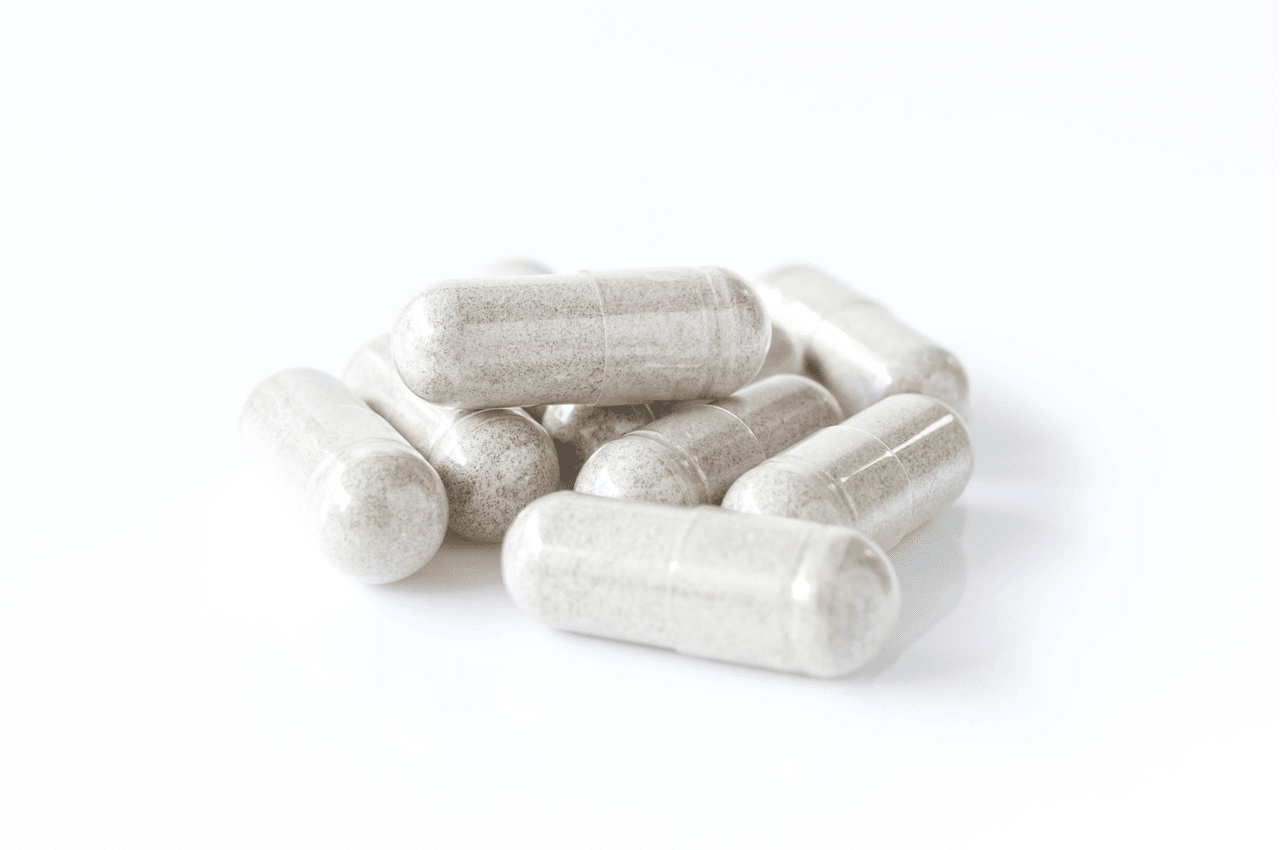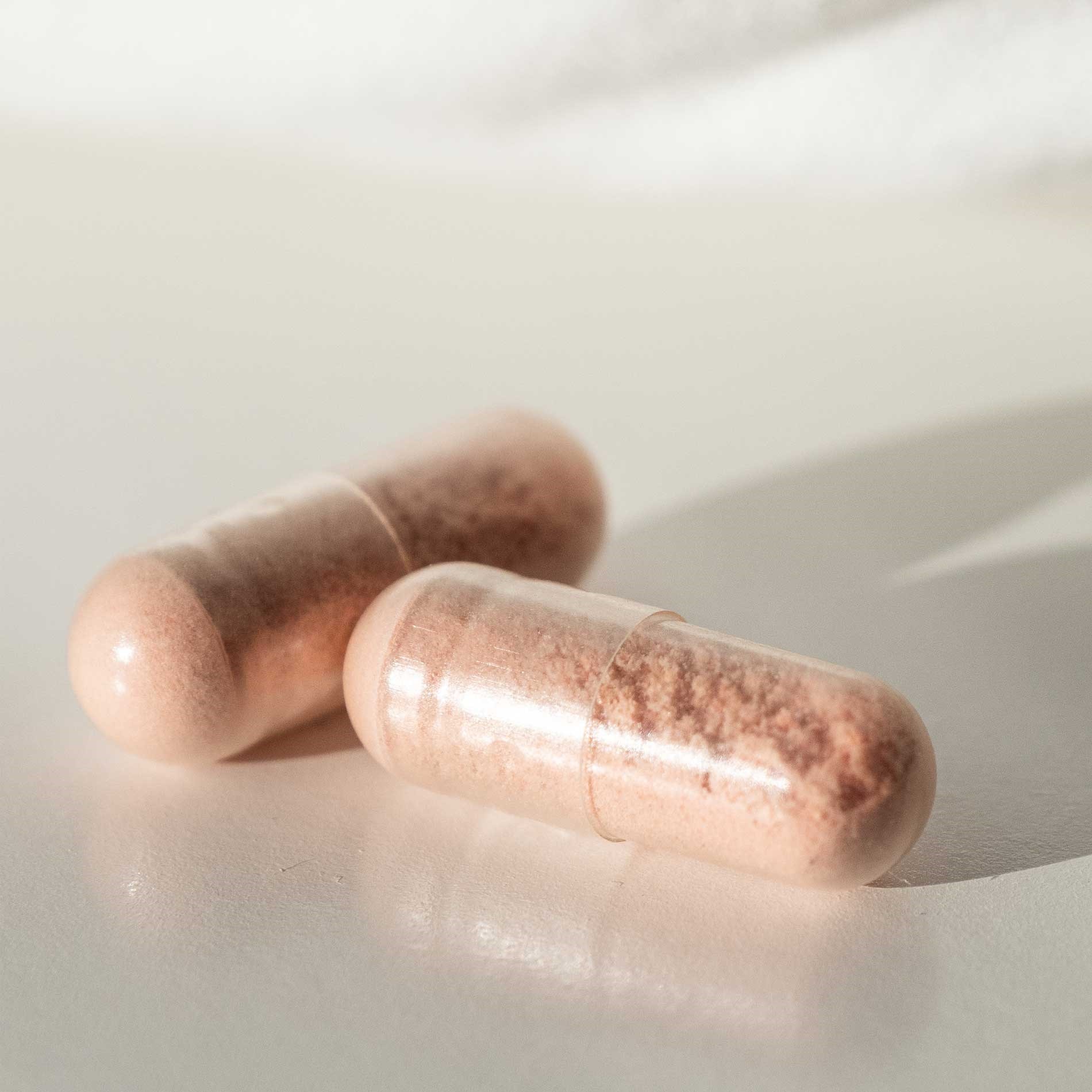What are Synbiotics?
You may have noticed another product available in the gut health section of your pharmacy or health food shop, called a synbiotic. A synbiotic is a term given to prebiotics and probiotics in one product, ideally in combinations which have been tested together. Scientists have recently defined synbiotics as " a mixture comprising live micro-organisms and substrate(s) selectively utilised by host micro-organisms that confers a health benefit on the host"1. The term 'synbiotic' is relatively new, but supplements containing a blend of probiotics and prebiotics have actually been available for many years. Synbiotics are so-called because of their “synergistic” effects: the probiotic and prebiotic components work together to positively affect the populations of microbes living in our gut, known as the gut microbiome2. You can learn more about the gut microbiome by reading this article: The Microbiome – All you need to know.
- What is a synbiotic?
- What does a synbiotic do?
- Choosing the best synbiotic
- Are synbiotics right for me?
- Where can I buy synbiotics ?
Read on to find out everything you need to know about synbiotics!
What is a synbiotic?
The synergistic relationship between probiotics and prebiotics is nothing new: they have always worked in harmony and both can be found naturally in our diet. Prebiotics are indigestible fibres that selectively feed the friendly bacteria in our gut, enabling them to grow and thrive. They can be found in foods such as garlic, onions, and legumes but are also available in supplement form. Read this article to learn more about What are Prebiotics?
Probiotics on the other hand are the friendly bacteria that colonise the gut. They offer benefits for various aspects of health including digestion, immunity, skin health and energy, to name a few. Probiotics are found naturally in fermented foods such as live yoghurt or sauerkraut, but like prebiotics, are also available as food supplements. Read this article to learn more about: What are Probiotics?
What does a synbiotic do?
Synbiotics have always been an attractive choice for promoting the health of the gut microbiome, as they combine friendly bacteria, along with an appropriate food source for good bacteria, in one supplement.
This can be very helpful, as the microbes in our gut are strongly influenced by our environment, including universally common factors such as diet, medication use, stress levels and exercise. Depletion of beneficial bacteria, because of an unhealthy diet low in fruit and vegetables, or antibiotic intake, can upset the delicate balance of our gut microbiome and allow the growth of less desirable micro-organisms. This is known as dysbiosis. Learn more by reading What is dysbiosis? Using a synbiotic ensures that the probiotics in the supplement will have a food source in the gut, though it is still important to eat a healthy diet full of fruit and vegetables containing natural prebiotics.
Synbiotics can be a very effective way of supporting overall gut health. Not only do the prebiotics they contain feed the probiotic bacteria in the supplement, they also feed the populations of indigenous natural friendly bacteria that inhabit our gut. There are vast differences in the bacterial composition of the gut microbiome between individuals, with each person having their own unique gut microbiome pattern constantly fluctuating over a lifetime3. Encouraging the growth of our own unique friendly bacteria populations is appealing as increased diversity of the bacteria in our gut is associated with better health4.

Choosing the best synbiotic
When buying a synbiotic, it is still important to choose one containing well-researched probiotic strains, which have been found to offer benefits for the conditions you wish to support. To learn more about why certain probiotic strains are more appropriate for you than others, read this article: Are all types (strains) of friendly bacteria the same? There are different types of prebiotics too, and some people find they get on better with some types more than others. Common prebiotics used in synbiotic supplements include fructo-oligosaccharides and inulin. Learn more by reading Prebiotics: A look at FOS & Inulin
Are synbiotics right for me?
Before buying a synbiotic supplement, it is worth remembering that not everyone tolerates prebiotics well, whether in diet or supplement form. In those suffering with IBS, it is very common to have a sensitivity to prebiotics. Individuals may complain of increased bloating, gas, abdominal pain and cramping after ingesting a prebiotic due to excessive bacterial fermentation and subsequent gas production. Often these effects will subside as the microbiome adjusts but some individuals may find that they always struggle to digest certain types of prebiotic fibres. Often IBS sufferers may be put on a low FODMAP diet for a short time under the care of a healthcare practitioner. This diet is low in fermentable fibres including prebiotics and is designed to help alleviate these troublesome symptoms of IBS5.
A synbiotic therefore would not be suitable for those with a sensitivity to prebiotics. However, a probiotic supplement alone may be of great benefit to an IBS sufferer, helping to introduce more beneficial strains into the gut and improving the quality of the microbiome. Introducing well-researched friendly bacteria to the gut can help modify dysbiosis, an imbalance between beneficial and more harmful bacteria, which has been implicated in IBS. To find out more about the best probiotics for IBS, read this article: Which probiotics are for IBS?
Where can I buy synbiotics?
If you want to try a synbiotic, it is not always necessary to choose supplements with the word ‘synbiotic’ on the label. In fact, any supplement containing both a probiotic and a prebiotic is a synbiotic. Therefore, you may already be taking a synbiotic and not realise it! The most important thing is still to choose the strains of probiotics most suited to your individual needs.
Other interesting articles related to this topic include:
Why consider probiotic supplements over yoghurts?
Health professionals might like to visit the Probiotic Professionals to read other related articles:
References
- International panel of scientists agree what makes a synbiotic, nutraingredients.com
- https://www.nutraingredients.com/Article/2020/08/24/International-panel-of-scientists-agree-what-makes-a-synbiotic?utm_source=newsletter_daily&utm_medium=email&utm_campaign=24-Aug-2020
- Guiné R de PF, Silva ACF. Probiotics, prebiotics and synbiotics. Funct Foods Sources, Heal Eff Futur Perspect. 2016;(May):143-207. doi:10.1201/b15561-2
- Caporaso JG, Lauber CL, Costello EK, et al. Moving pictures of the human microbiome. Genome Biol. 2011;12(5). doi:10.1186/gb-2011-12-5-r50
- Le Chatelier E, Nielsen T, Qin J, et al. Richness of human gut microbiome correlates with metabolic markers. Nature. 2013;500(7464):541-546. doi:10.1038/nature12506
- Whelan K, Martin LD, Staudacher HM, Lomer MCE. The low FODMAP diet in the management of irritable bowel syndrome: an evidence-based review of FODMAP restriction, reintroduction and personalisation in clinical practice. J Hum Nutr Diet. 2018;31(2):239-255. doi:10.1111/jhn.12530
Popular Articles
View all Prebiotics articles-
Probiotics27 Feb 2025
-
Probiotics29 Jan 2024
-
Probiotics11 Oct 2023


